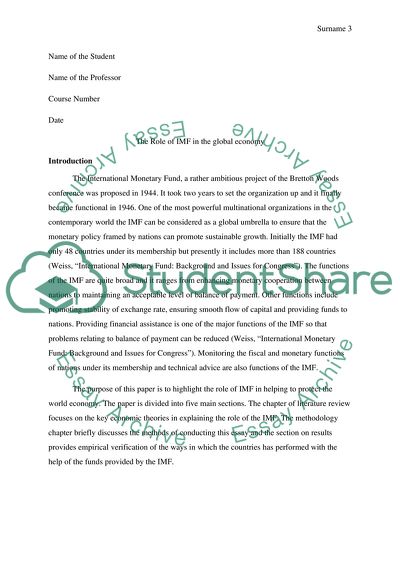Cite this document
(“Can the fund by IMF save the world economy Essay”, n.d.)
Can the fund by IMF save the world economy Essay. Retrieved from https://studentshare.org/macro-microeconomics/1672582-can-the-fund-by-imf-save-the-world-economy
Can the fund by IMF save the world economy Essay. Retrieved from https://studentshare.org/macro-microeconomics/1672582-can-the-fund-by-imf-save-the-world-economy
(Can the Fund by IMF Save the World Economy Essay)
Can the Fund by IMF Save the World Economy Essay. https://studentshare.org/macro-microeconomics/1672582-can-the-fund-by-imf-save-the-world-economy.
Can the Fund by IMF Save the World Economy Essay. https://studentshare.org/macro-microeconomics/1672582-can-the-fund-by-imf-save-the-world-economy.
“Can the Fund by IMF Save the World Economy Essay”, n.d. https://studentshare.org/macro-microeconomics/1672582-can-the-fund-by-imf-save-the-world-economy.


